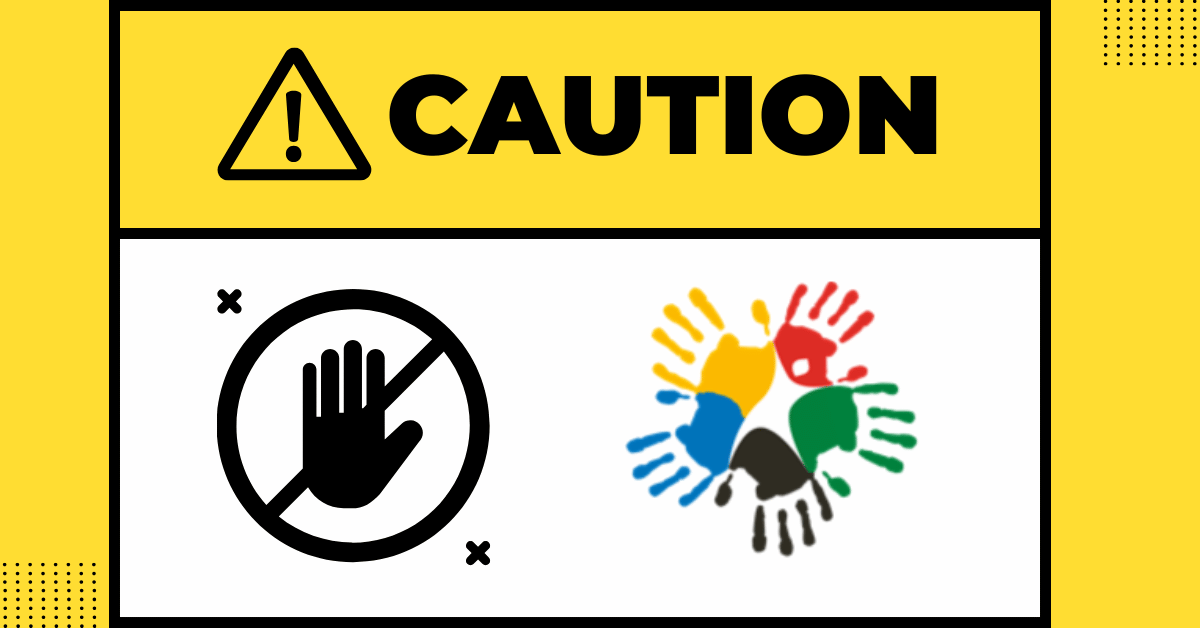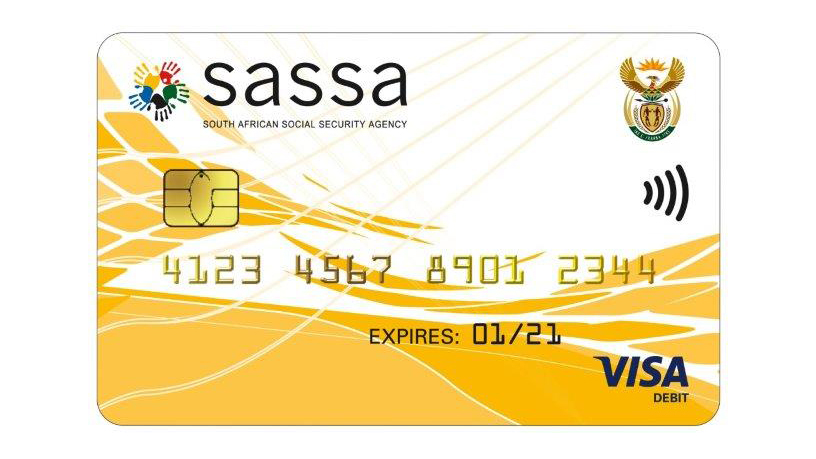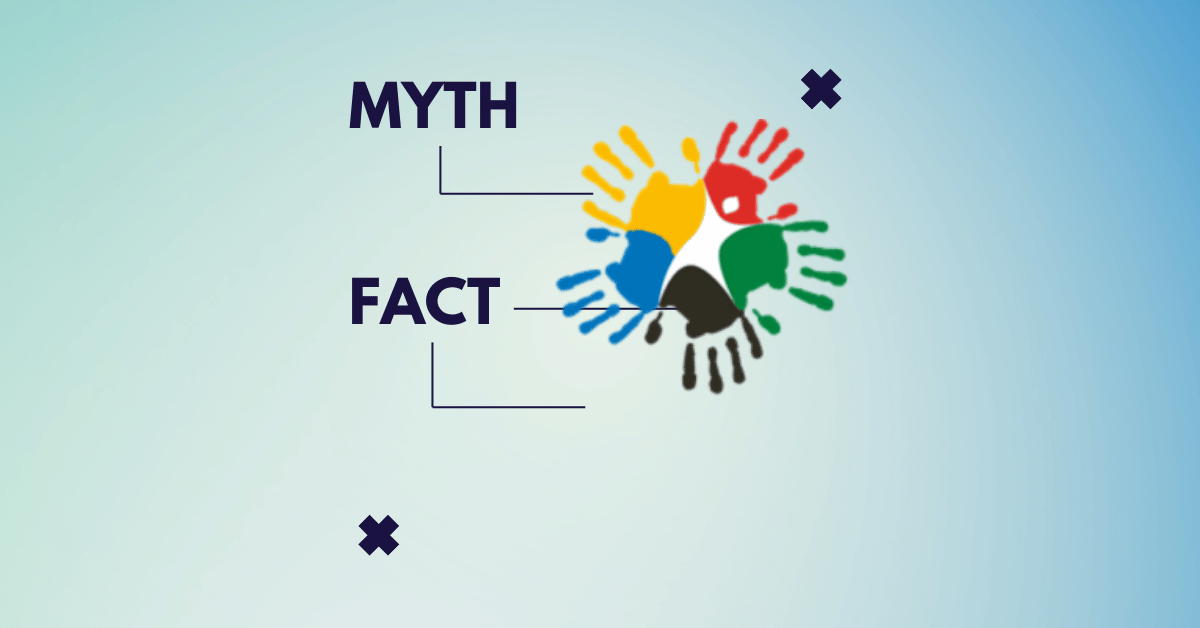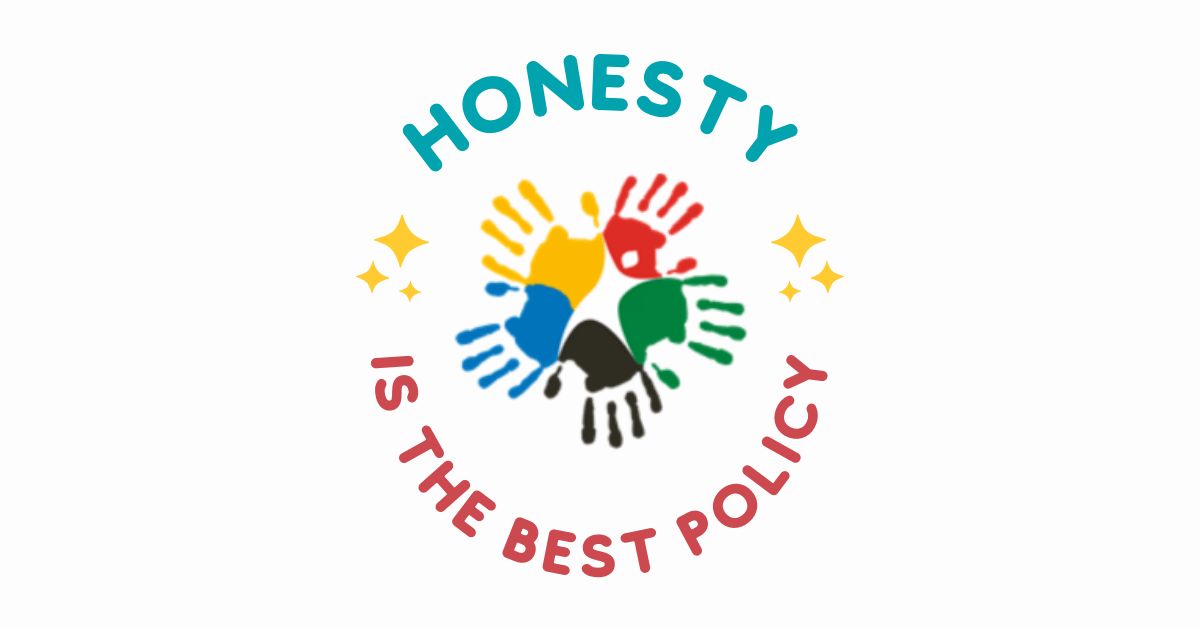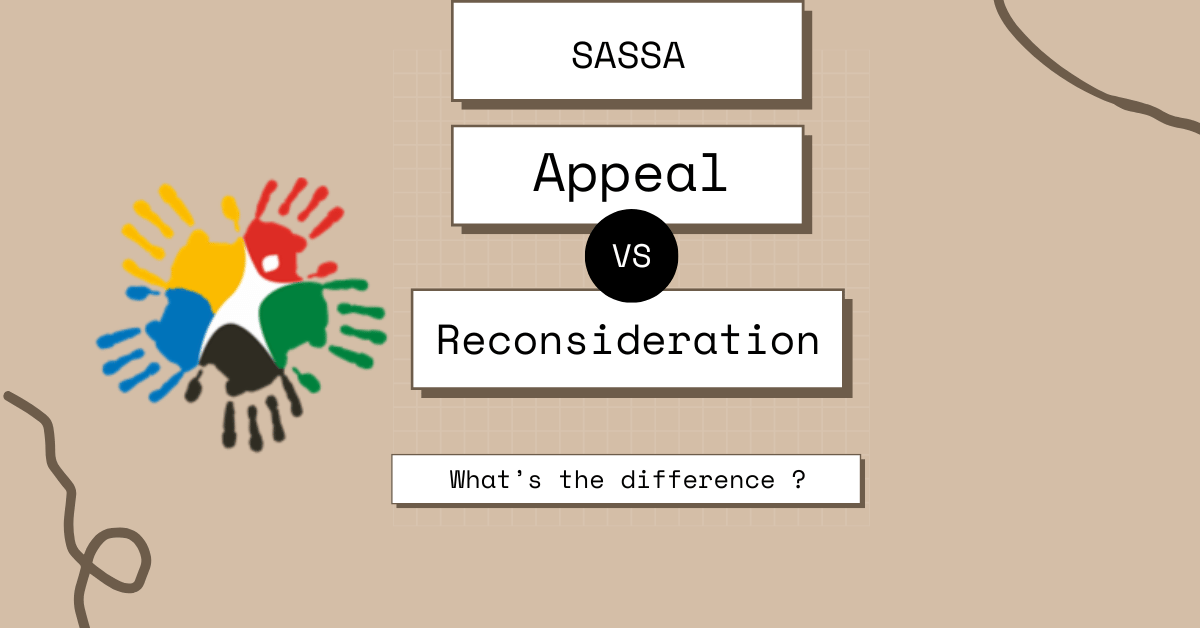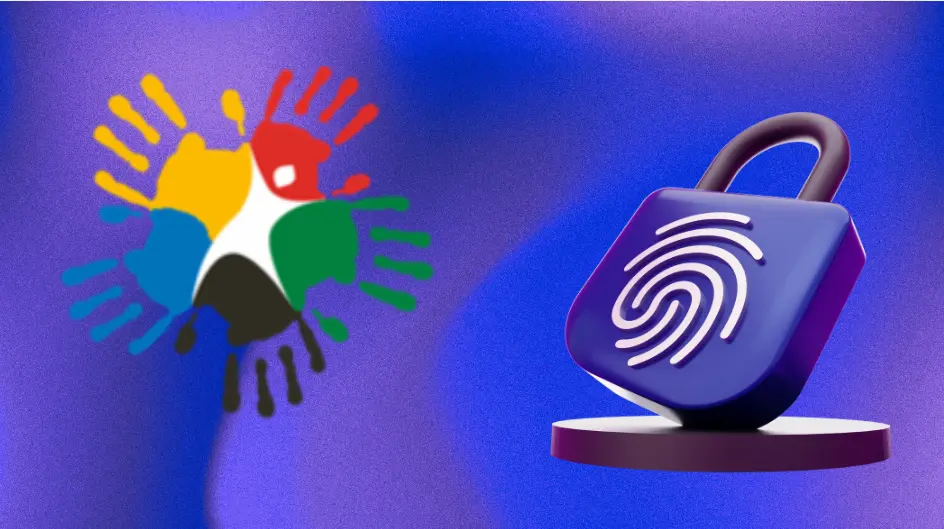Avoid These SASSA Application Errors to Get Approved Faster
7 Mistakes to Avoid:
- Ignoring browser cache – Auto-fill errors corrupt your application.
- Not researching grant types – Applying for the wrong grant (e.g., SRD vs. Child Support).
- Submitting incomplete information – Missing names, typos, or incorrect ID numbers.
- Confusing grant programs – Mixing up Old Age Grants with Old Age Homes.
- Using unapproved banks – Delays from non-partner banks (e.g., non-SASSA-approved institutions).
- Hiring unauthorized agents – Risking scams or data theft.
- Hiding financial details – Failing the means test by omitting income/assets
Applying for SASSA grants—like the SRD Grant or Older Persons Grant—requires accuracy. Even minor errors can delay approvals or trigger rejections.
Follow this guide to sidestep common pitfalls and align with SASSA’s strict Social Assistance Act compliance standards.
Key Takeaway:
SASSA’s online portal flags incomplete applications immediately. Double-check all fields before submitting.
Mistake 1: Ignoring Browser Cache
Risk: Auto-filled incorrect details (e.g., old addresses or misspelled names) from cached data.
Fix: Clear your browser history or use SASSA’s official mobile app to avoid formatting glitches.
Key Takeaway:
Use incognito mode when applying online to prevent auto-fill errors.
Mistake 2: Not Researching Grant Types
Risk: Applying for the wrong grant (e.g., confusing the Disability Grant with the Child Support Grant).
Fix: Review eligibility criteria on SASSA’s website or consult local South African Social Security Agency offices.
Key Takeaway:
The SRD Grant requires proof of unemployment, while the Older Persons Grant mandates age verification.
Mistake 3: Submitting Incomplete Information
Risk: Rejection due to missing details like full names, correct ID numbers, or contact info.
Fix: Cross-reference your ID document, bank details, and utility bills for consistency.
Key Takeaway:
SASSA verifies data with Home Affairs and banks. Typos = instant red flags.
Mistake 4: Confusing Grant Programs
Risk: Mistaking the Old Age Grant (monthly cash support) for state-subsidized Old Age Homes (housing).
Fix: Contact SASSA’s helpline (0800 601 011) to clarify requirements before applying.
Key Takeaway:
Old Age Homes require separate applications through the Department of Social Development.
Mistake 5: Using Unapproved Banks
Risk: Payment delays if your bank isn’t SASSA-partnered (e.g., Capitec, ABSA, or Nedbank).
Fix: Confirm your bank is on SASSA’s Payment Distribution Network list.
Key Takeaway:
SASSA only deposits funds into verified accounts to prevent fraud.
Mistake 6: Hiring Unauthorized Agents
Risk: Scammers stealing personal data or charging illegal fees.
Fix: Apply directly via SASSA’s portal or visit a SA Post Office branch for free assistance.
Key Takeaway:
Report fraudsters to the National Anti-Corruption Hotline (0800 701 701).
Mistake 7: Hiding Financial Details
Risk: Disqualification for failing SASSA’s means test (income/assets assessment).
Fix: Declare all income sources, including informal work or spousal support.
Key Takeaway:
Non-disclosure can lead to permanent blacklisting from SASSA and NSFAS programs.
Final Tips
- Track applications via SASSA’s WhatsApp (082 046 8553).
- Update changed details (e.g., phone numbers) within 10 days.
Need Help? Contact SASSA:
Call: 0800 601 011
WhatsApp: 082 046 8553
Email: Grantsenquiries@sassa.gov.za
